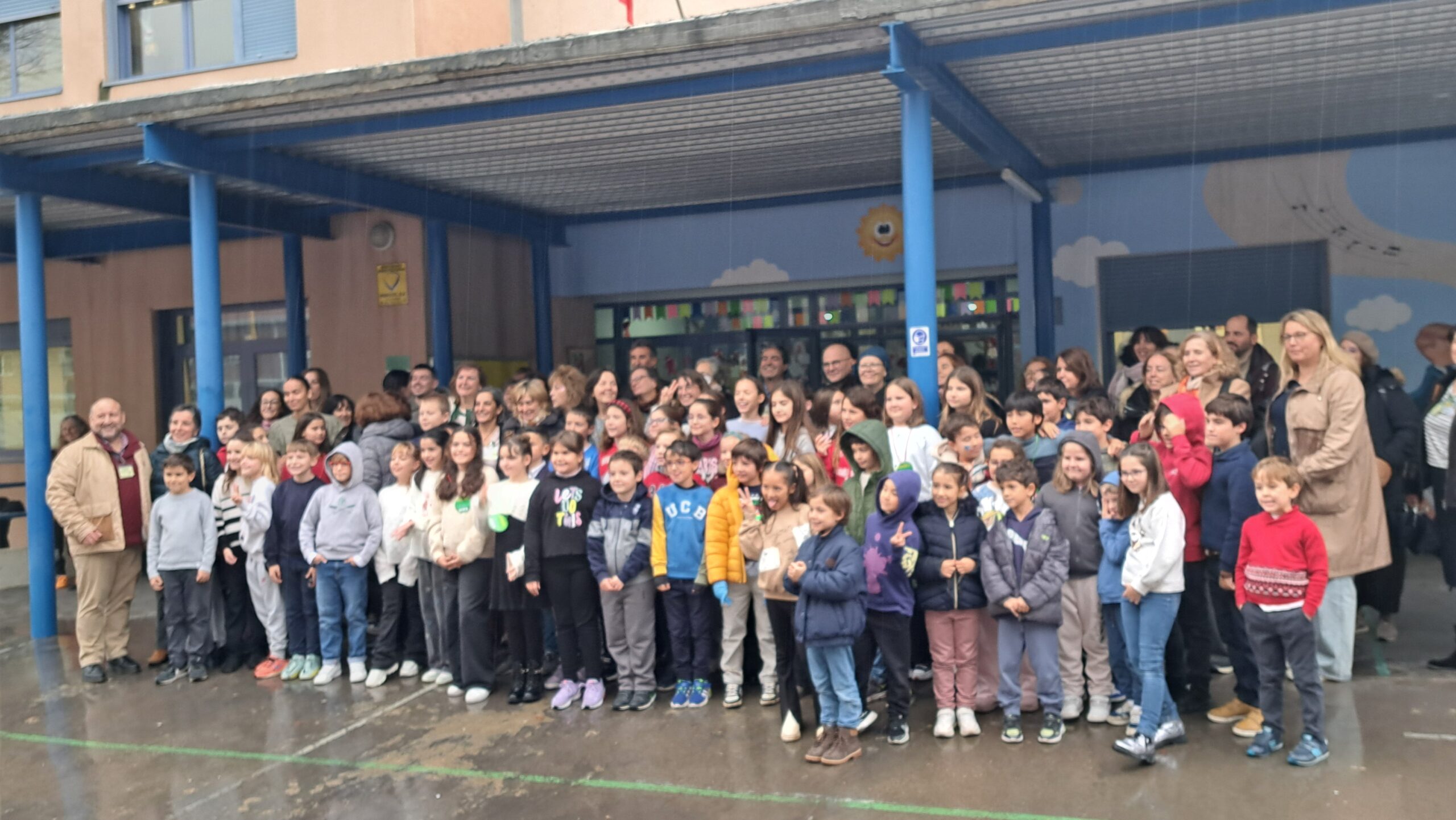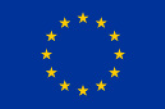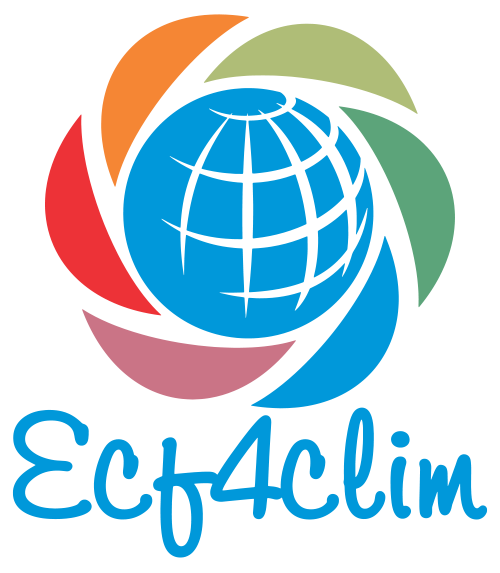As part of our ongoing Sustainability Competence Teams and Sustainability Competence Committee (SCT/SCC5) initiatives, we have been using role-play exercises to deepen our understanding of how environmental measures fit into everyday contexts. This approach has proven remarkably successful in engaging the entire educational community, students, teachers, families, staff and external partners, to work together to develop more effective sustainability actions.
Broader perspective and empathy: Slipping into the role of another person promotes a deeper understanding of the various motivations, responsibilities and limitations. This empathy in turn strengthens collaboration and paves the way for more inclusive environmental strategies.
Critical and creative reflection: By confronting real-world constraints and successes, participants can propose innovative ideas and practical solutions. This forward-thinking mindset not only enriches problem-solving skills, but also encourages a proactive attitude towards environmental protection.
Shared values and motivation: Recognising that each role is interrelated creates a sense of mutual responsibility. When group members see how their collective decisions impact sustainability goals, they are more motivated to advocate for meaningful change and uphold the values of respect, collaboration and integrity.
Community building: Bringing together a broad range of stakeholders, regardless of age, expertise or official responsibility, fosters a stronger sense of belonging. This solidarity reinforces a culture of active citizenship in which participants feel empowered to advocate for environmental awareness inside and outside the classroom.
An important insight from these sessions is that sustainability and education can only thrive if they are recognised as interconnected, holistic goals. Even seemingly small steps, such as organising a tree planting event or refining a recycling campaign, can have a ripple effect that changes practises in general. When both youth and adults see how these modest actions connect to larger goals, they learn to value creative problem solving and collective responsibility as the foundation for sustainable progress. Through role-playing, each participant experiences first-hand how community engagement, hands-on action, and academic learning reinforce each other and embed the values of resilience and inclusivity into the fabric of the educational experience. This deeper appreciation of interdependence not only refines sustainability strategies, but also empowers everyone involved to share these lessons, both inside and outside the classroom, and ultimately cultivate a more harmonious relationship between people and the environment.









